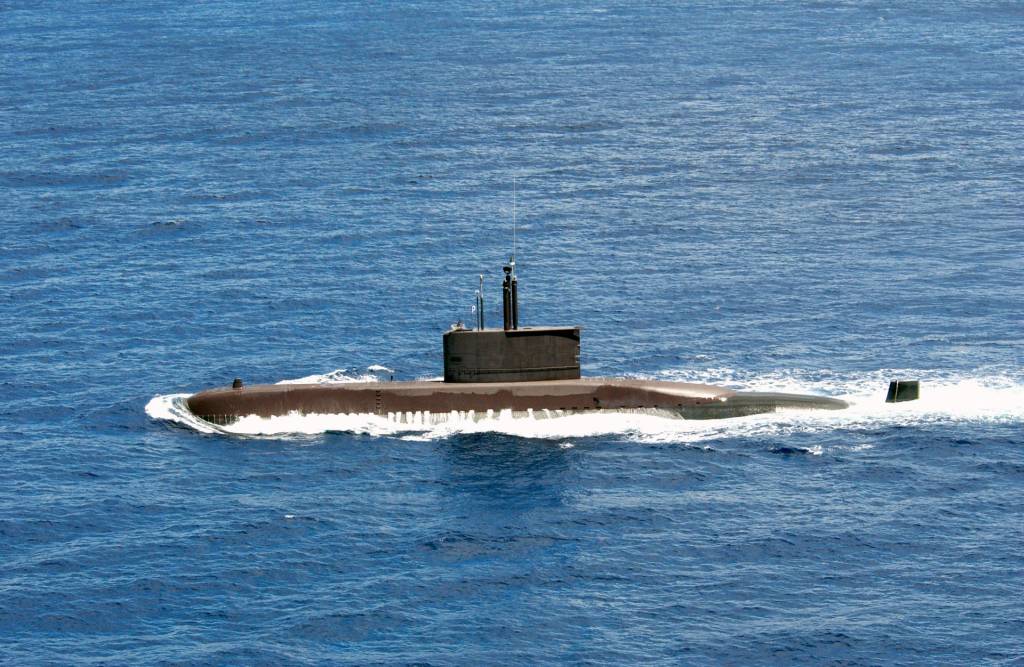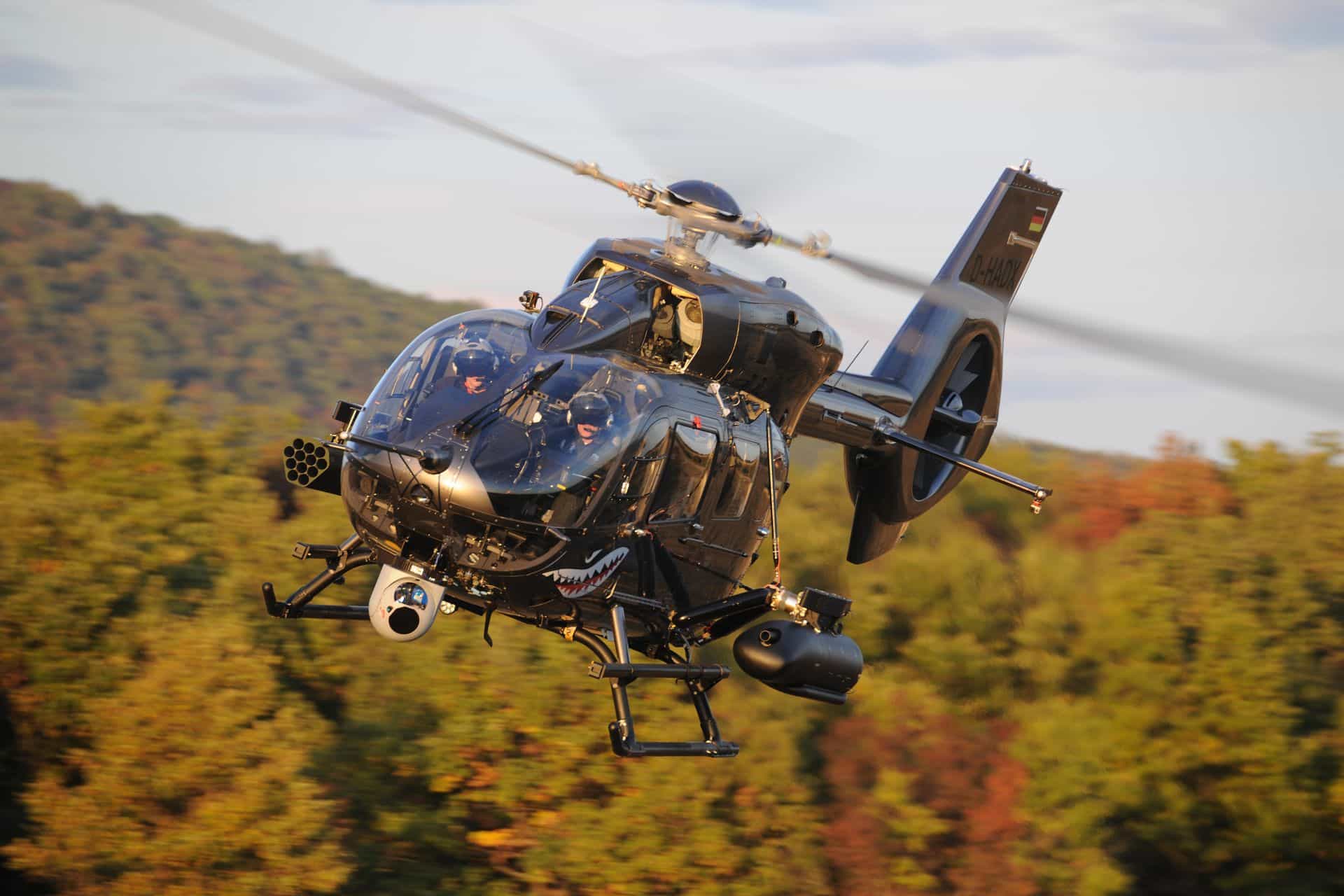South Korea may develop its own nuclear-powered submarines or purchase then from the U.S. to better deal with North Korean submarine-launched ballistic missile (SLBM) threats.
President Moon Jae-in and U.S. President Donald Trump have agreed to begin consultations on South Korea’s acquisition and development of cutting-edge weapons that would include nuclear-powered submarines and surveillance assets.
The two heads of state reached the agreement during their summit in Seoul, Tuesday.
After the summit, a Cheong Wa Dae official said on condition of anonymity, “We may purchase the weapons or co-develop them with the U.S.,” adding there were various details to review including technical aspects and international norms.
Military sources here said the most realistic measure would be to purchase two to three U.S. nuclear-powered submarines first amid the North’s mounting SLBM threat, as the development and construction of such a submarine would take at least five years.
Pyongyang has been reportedly stepping up efforts to build newer, bigger submarines equipped with vertical missile launch tubes to fire SLBMs from underwater.
Sources said South Korean sailors would be able to learn skills and knowhow while operating the U.S.-made nuclear subs before the nation completes development and construction of its own subs.
“Generally speaking, six to nine nuclear-powered submarines would be necessary to properly operate in the East, South and West Seas,” a source said, asking not to be named.
During his presidential campaign, President Moon vowed to develop home-grown nuclear-powered submarines, pledging to make efforts to gain support from the U.S., which virtually controls the uranium enrichment and nuclear fuel reprocessing of South Korea.
Calls for developing the nuclear subs were ignited after the North successfully launched an SLBM in April last year. Another SLBM fired in August that year flew about 500 kilometers, indicating a significant improvement compared to previous tests.
Supporters for having nuclear subs say they are the only way to counter the North’s SLBM threat, saying they could strike an enemy submarine before it launches a missile. A nuclear-powered sub can operate underwater indefinitely as long as other conditions such as food supplies are met, making it difficult for the enemy to detect.
The Republic of Korea Navy currently operates Type 209 attack submarines, propelled by diesel-electric transmissions, and the Type 214 that uses air-independent propulsion.
The Type 209 is capable of remaining underwater for only about two to three consecutive days as it needs to surface frequently to access air, while the Type 214, an improved version of the Type 209, is capable of continuing underwater operations for a maximum 13 to 14 days.
Skeptics, however, say Washington has never sold its nuclear subs to a foreign country as the relevant technologies are top secret.
Regarding the issue, Moon Sang-gyun, spokesman of the Ministry of National Defense, said, “The two allies will carry out consultations to give shape to the agreement between the heads of state of the two nations.”











